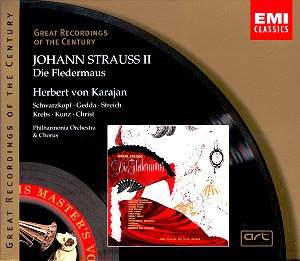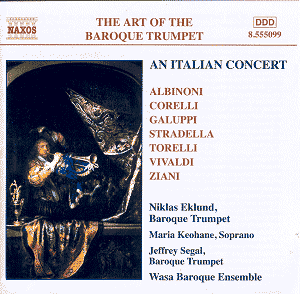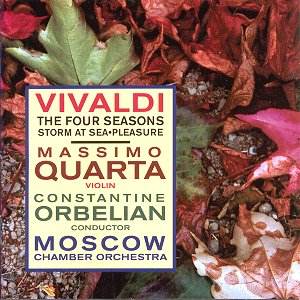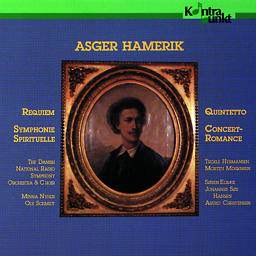 Composer: Johann Strauss II
Composer: Johann Strauss II
Works: Die Fledermaus, Operetta in three acts
Performers: Rosalinde Elizabeth Schwarzkopf (soprano), Adele Rita Streich (soprano), Gabriel von Eisenstein Nicolai Gedda (tenor), Alfred Helmut Krebs (tenor), Dr. Falke Erich Kunz (baritone), Orlofsky Rudolph Christ (tenor), Karl Dönch (bass), Erich Majkut (baritone), Franz Böheim (bass), Luise Martini (soprano)
Recording: 26-30 April 1955, Kingsway Hall, London
Label: EMI Classics
The allure of Johann Strauss II’s Die Fledermaus lies not merely in its effervescent melodies but in its ability to encapsulate the vibrant social fabric of late 19th-century Vienna. This operetta, often described as a jubilant romp through the follies of the bourgeoisie, showcases Strauss’s genius for weaving together humor and sophistication. The recording under Herbert von Karajan, featuring a star-studded cast, stands as a testament to the timelessness of Strauss’s work, offering both a rich auditory experience and a glimpse into the historical context of operetta’s evolution.
Karajan’s interpretation is marked by a meticulous attention to the nuances of Strauss’s score, particularly in the way he navigates the balance between orchestral exuberance and vocal clarity. The Philharmonia Orchestra exudes a polished energy, providing a vibrant backdrop for the singers that is both lush and incisive. Yet, one might argue that at times the orchestral sound verges on the militaristic, lacking the warmth one might expect from a Viennese waltz. This is particularly evident in the waltzes, where the precision of the ensemble occasionally overshadows the inherent dance-like quality that is the hallmark of Strauss’s style. A stark contrast can be drawn to Karajan’s later recording from 1960, where his approach embraces a more lyrical quality that allows the waltzes to breathe with a more organic sway.
The vocal performances are the lynchpin of this recording’s success. Elizabeth Schwarzkopf’s portrayal of Rosalinde is nothing short of iconic; her voice, with its bright timbre and expressive phrasing, captures both the character’s playful charm and underlying strength. The request for ‘grit’ in her interpretation yields a Rosalinde who is both vivacious and nuanced, particularly in her interactions with Nicolai Gedda’s Eisenstein. Gedda’s performance is equally compelling, his tenor voice effortlessly navigating the character’s emotional spectrum, from the farcical to the sincere. His vocal agility is on full display in the duet “Brüderlein, Brüderlein,” where the interplay between his and Schwarzkopf’s voices creates a delightful tension that is at once comedic and poignant.
Rita Streich’s Adele radiates a playful insouciance that epitomizes the role of the soubrette. Her rendition of “Mein Herr Marquis” is a moment of sheer delight, combining technical precision with an infectious spirit. The interplay with Helmut Krebs as Alfred further enhances the lightheartedness of the performance, with Krebs’s relaxed delivery providing an excellent counterbalance to the more intense moments of the narrative. The casting choices, guided by producer Walter Legge, yield a cohesiveness that is palpable throughout the recording; each singer complements the others, creating a tapestry of sound that is both rich and well-defined.
A notable mention must be given to Erich Kunz as Dr. Falke. His golden baritone brings a layer of sophistication to the role, embodying the character’s cunning with a charisma that is impossible to overlook. The ensemble’s teamwork shines in the ensemble numbers, notably in the Act II finale, where the intricate vocal lines intertwine with exquisite harmony, showcasing the exceptional blend of voices that this recording boasts.
The sound quality of this remastered version is commendable, capturing the vibrancy of the performance while maintaining clarity in the orchestral and vocal lines. The engineering allows the listener to appreciate the detailed interplay of instruments, enhancing the experience of Strauss’s elaborate orchestrations. Yet, for those accustomed to modern recordings, the vintage quality may require an adjustment, as the balance sometimes favors the orchestra, occasionally overshadowing the soloists.
This recording of Die Fledermaus emerges as a definitive version for both seasoned enthusiasts and newcomers alike. The combination of stellar performances, meticulous direction, and a vibrant orchestral accompaniment presents a compelling case for its place in any operetta lover’s collection. It serves not merely as a window into the past but as a living testament to the enduring appeal of Strauss’s music. For those looking to introduce the next generation to the joys of operetta, this recording is an invaluable gateway, inviting listeners to revel in the delightful escapades of Viennese society.



